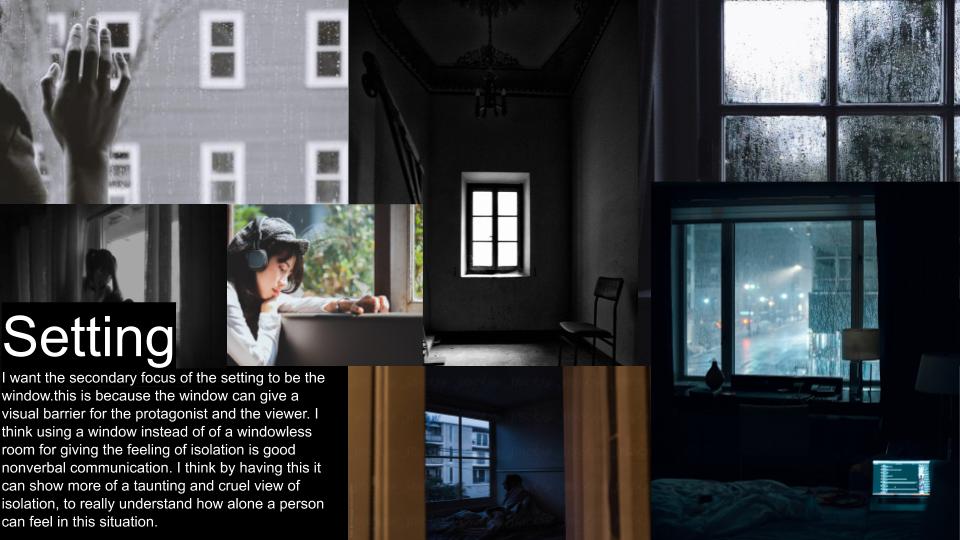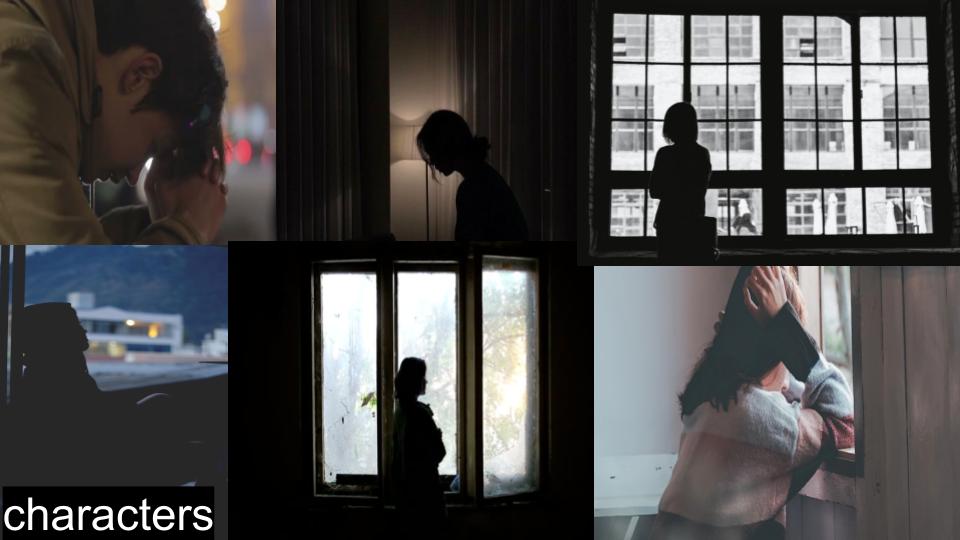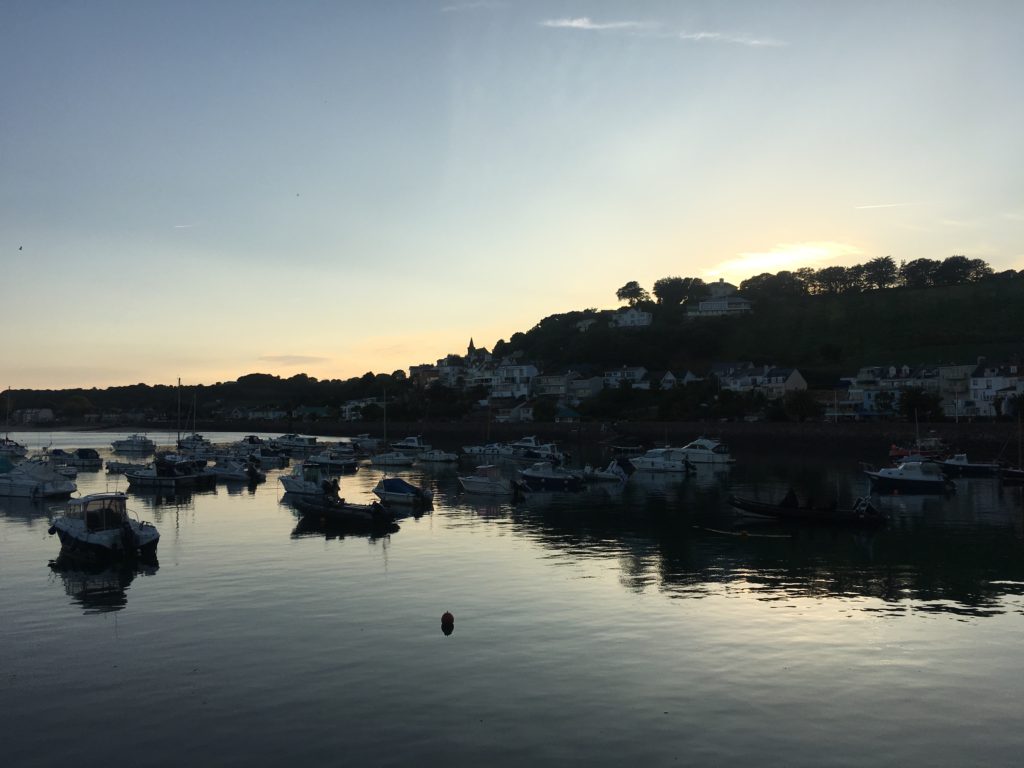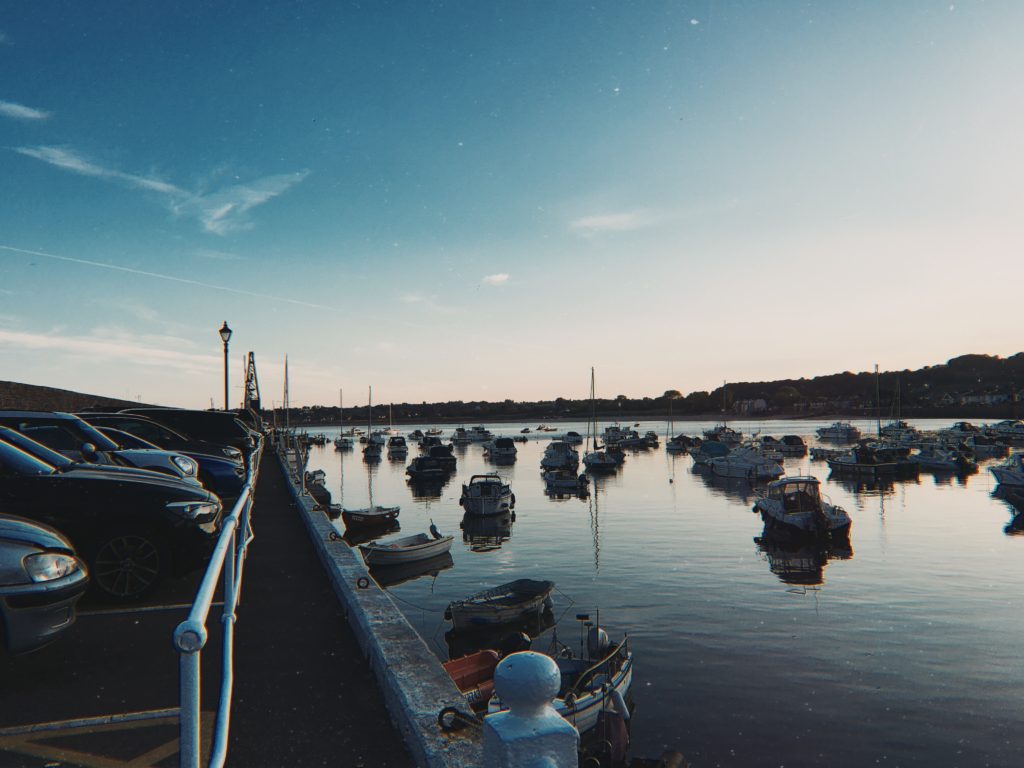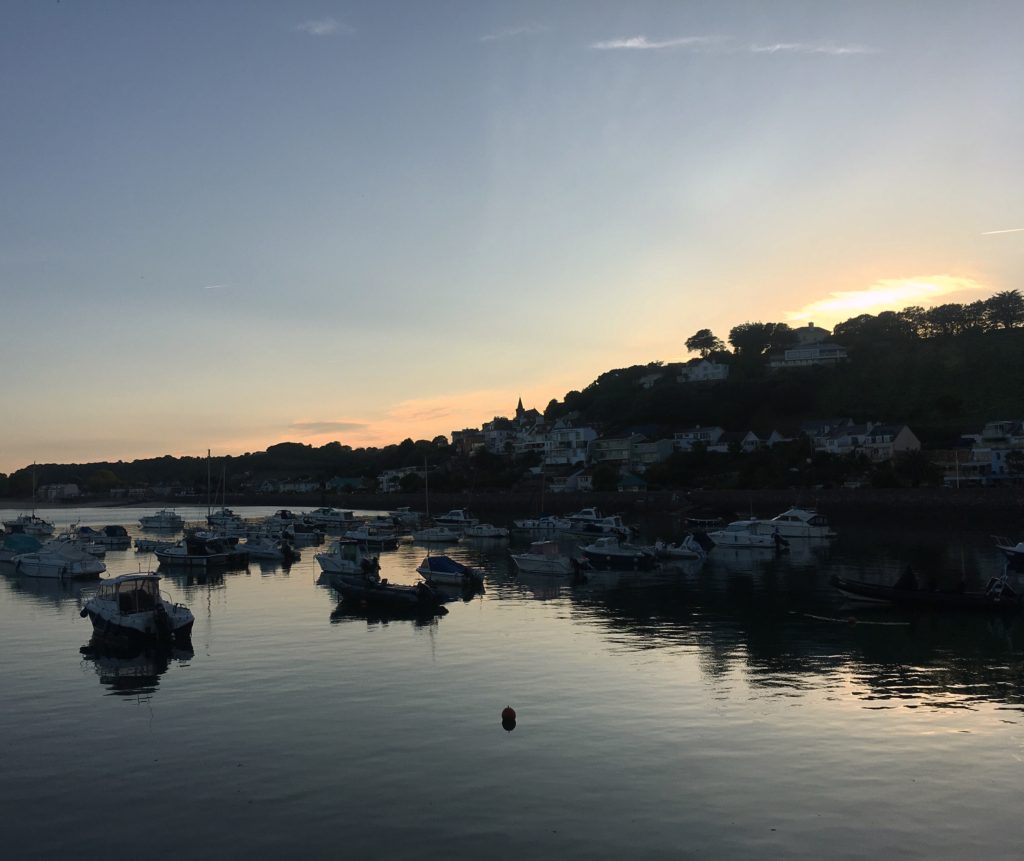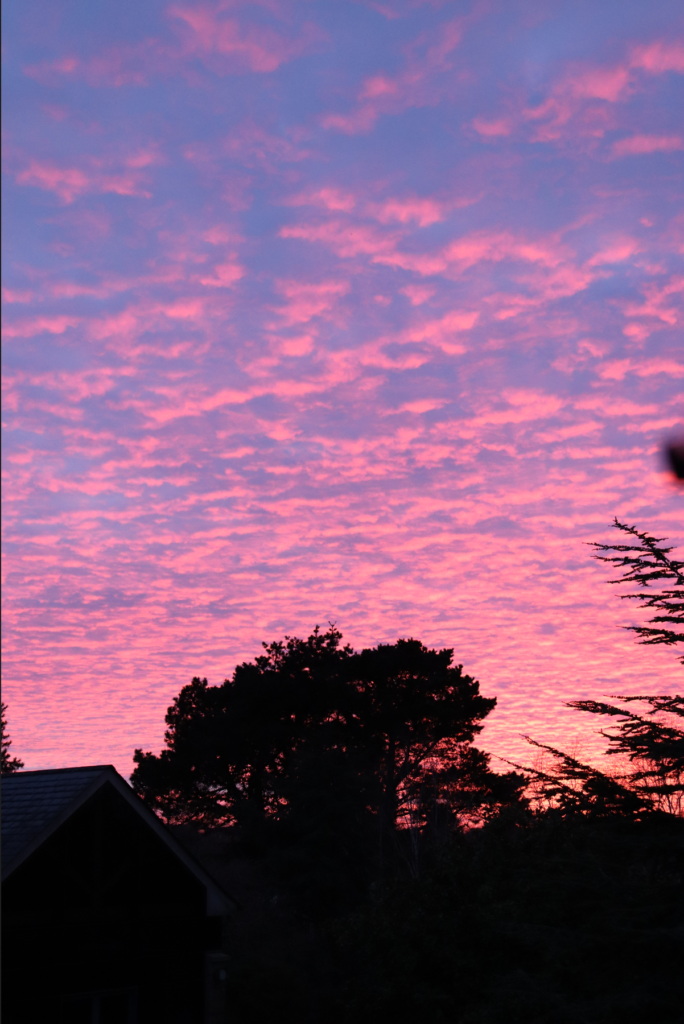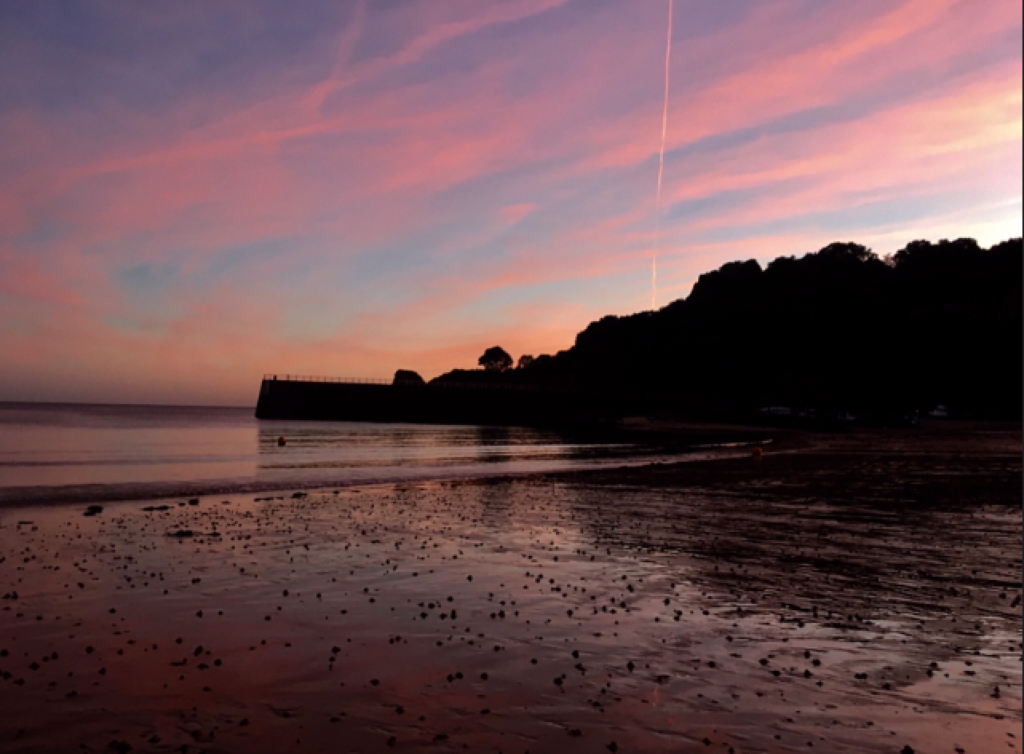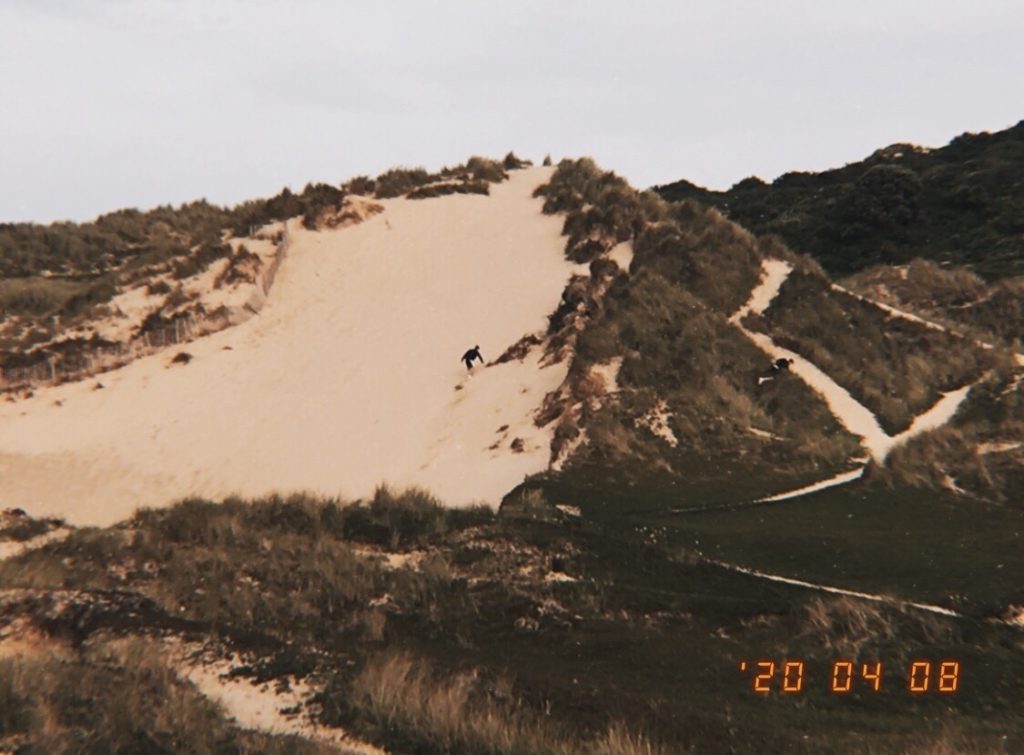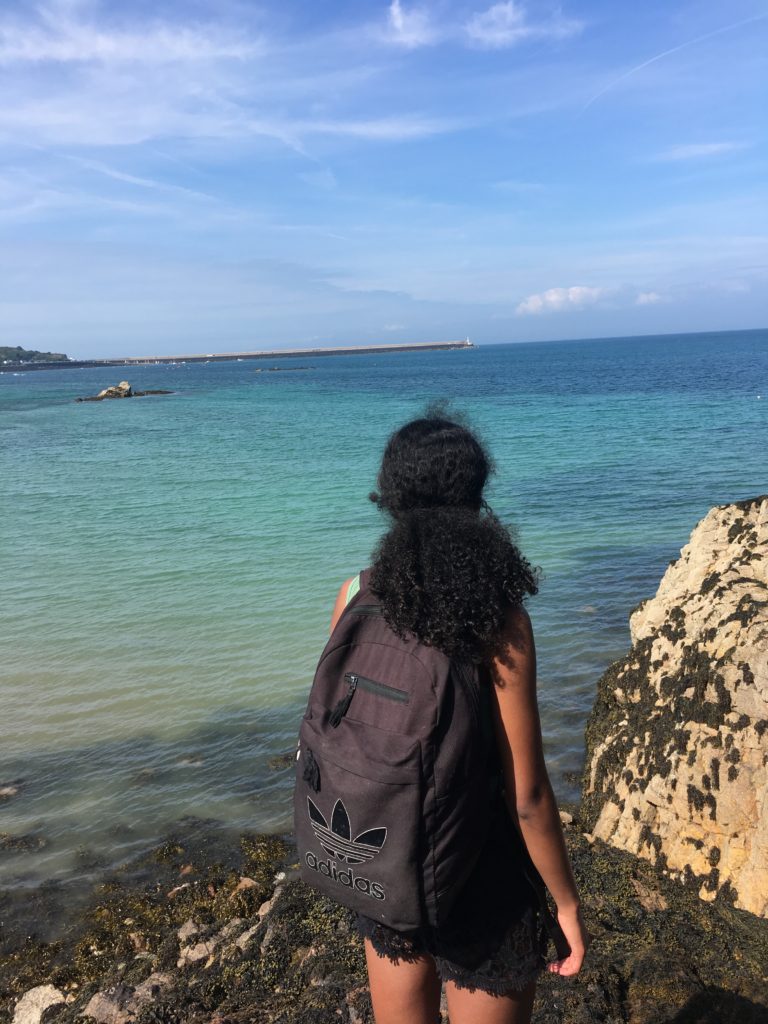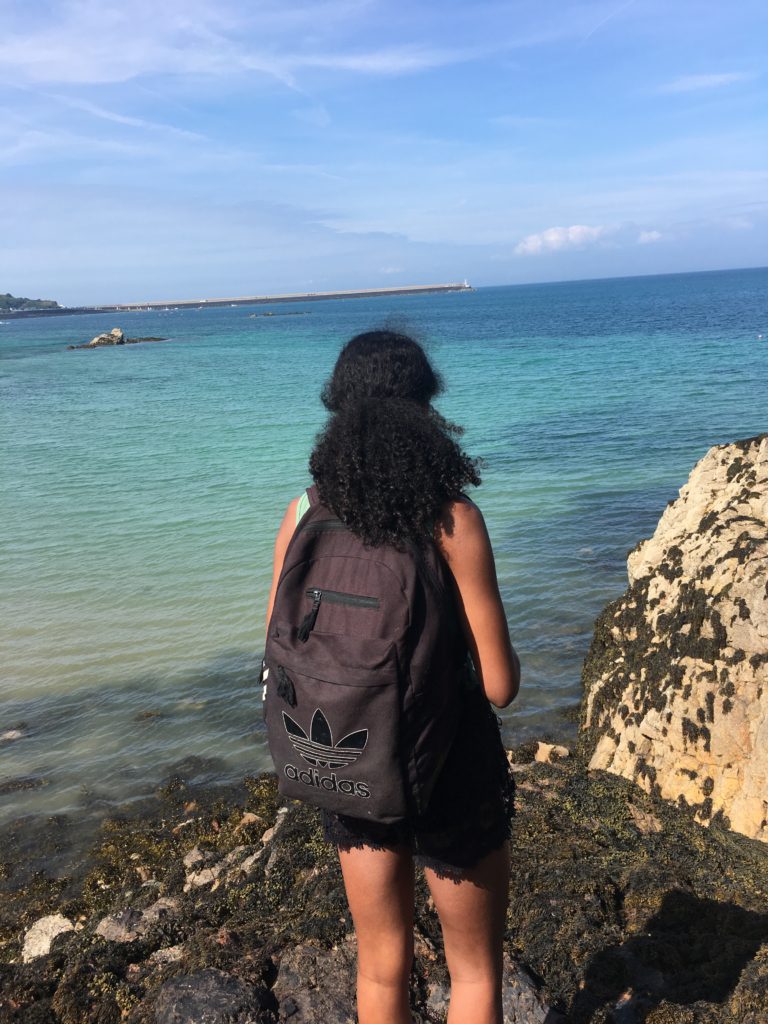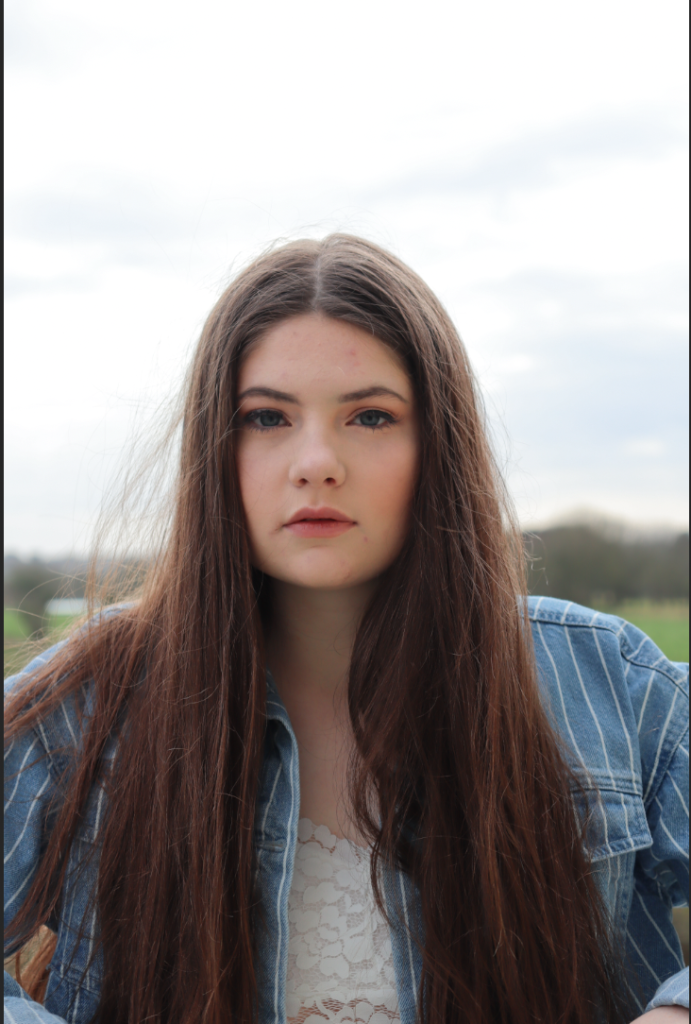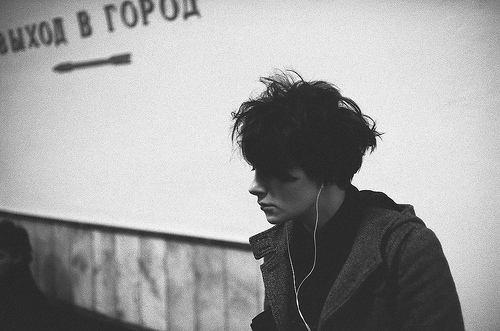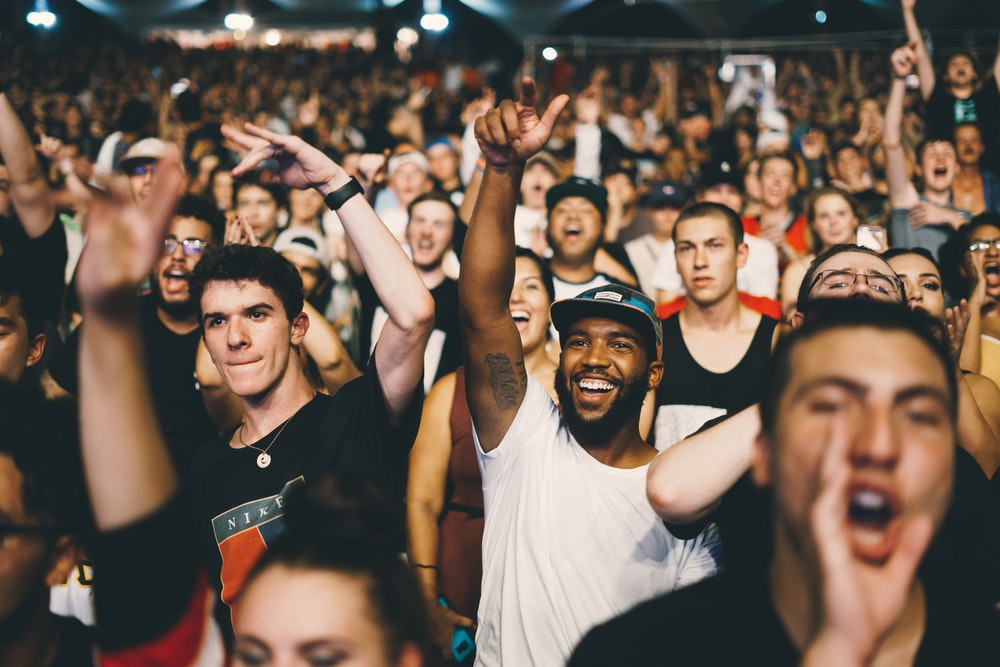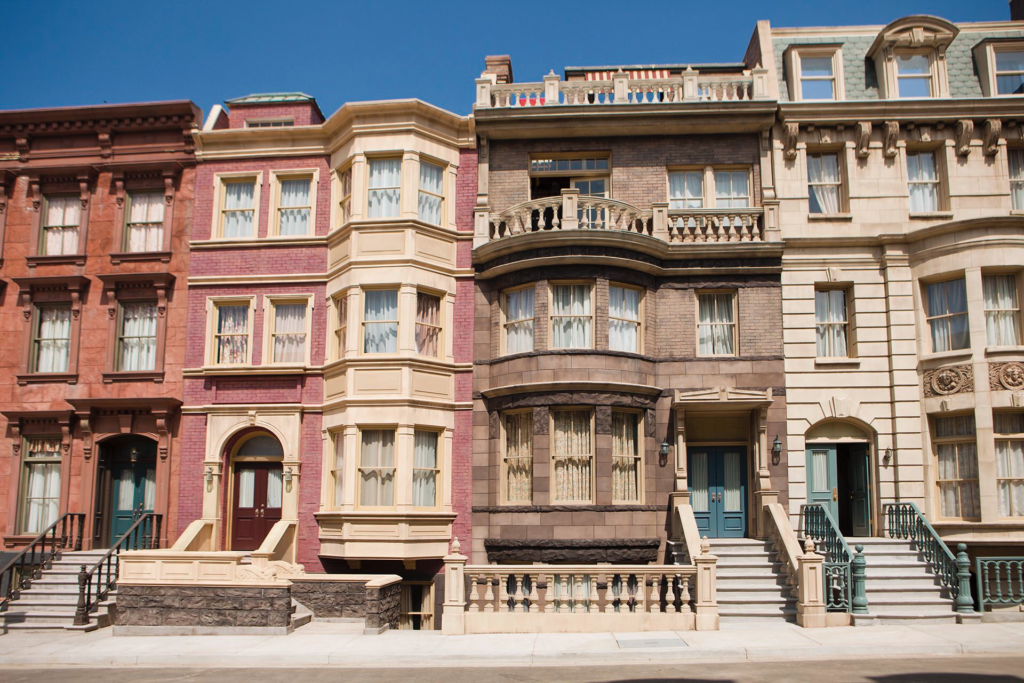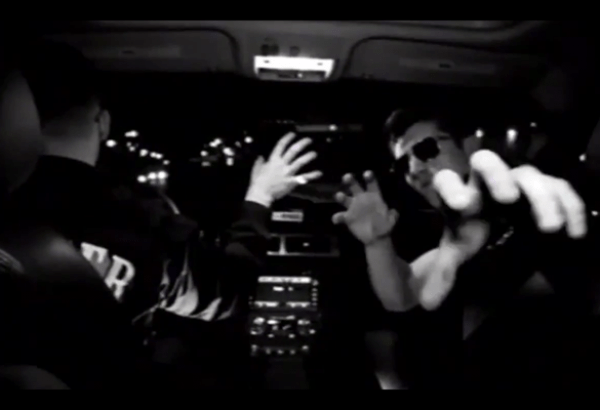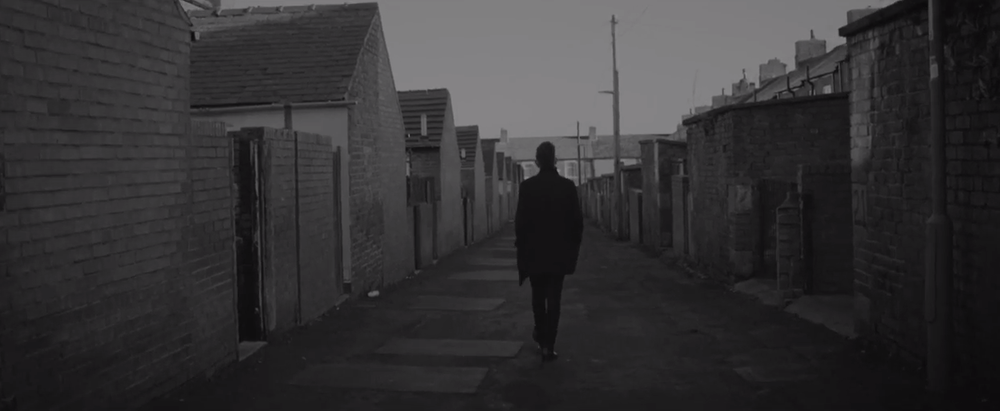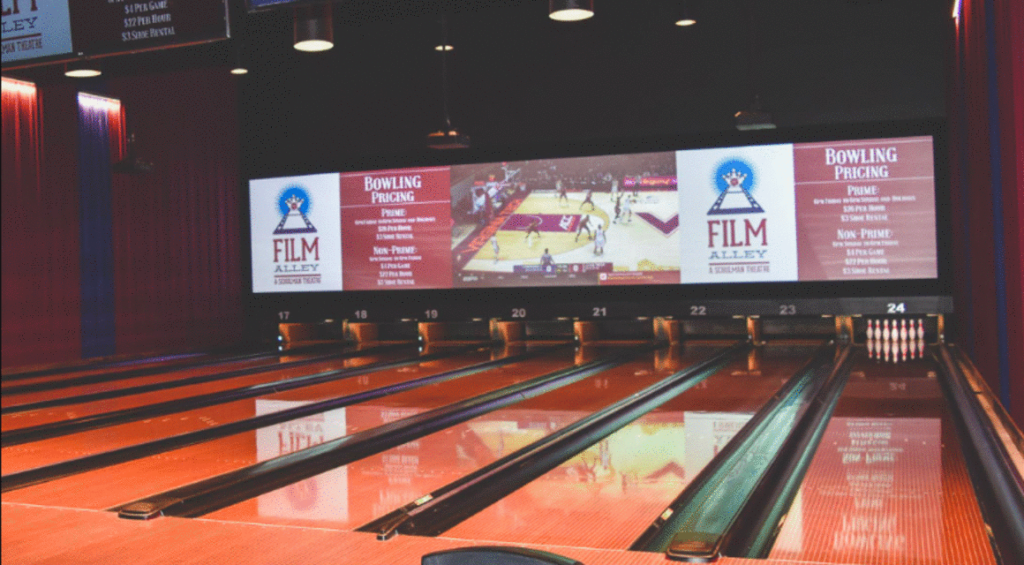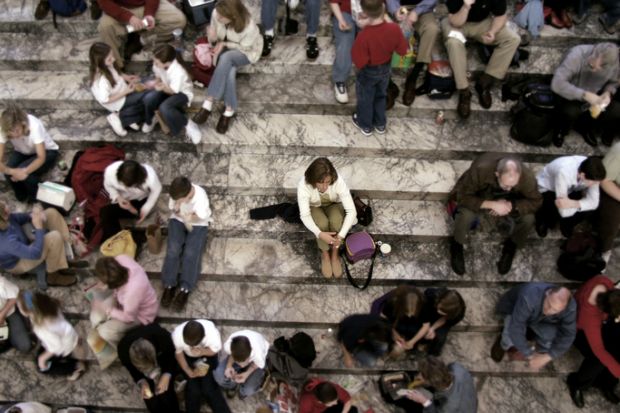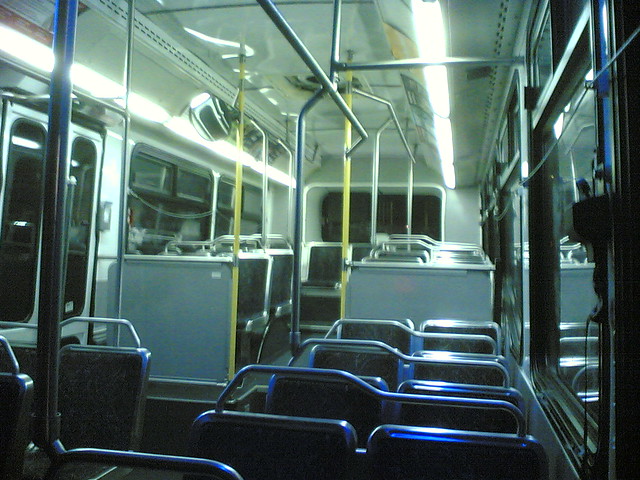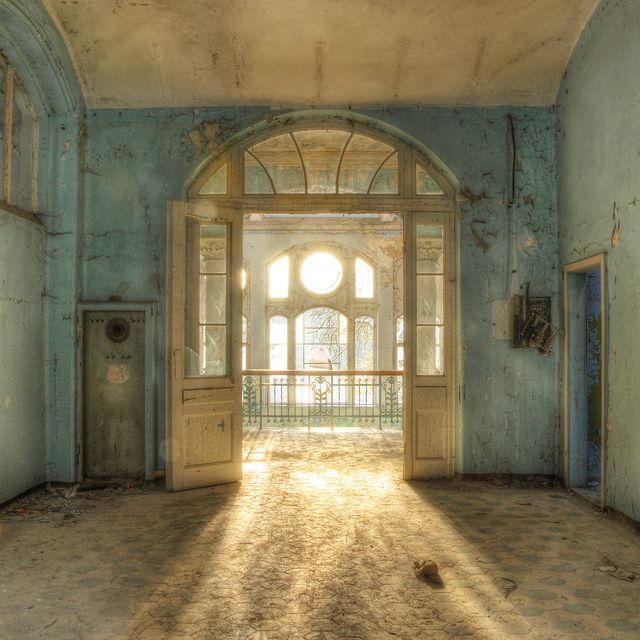Daily Archives: 05/15/2020
Filters
Photos
music
Mood board
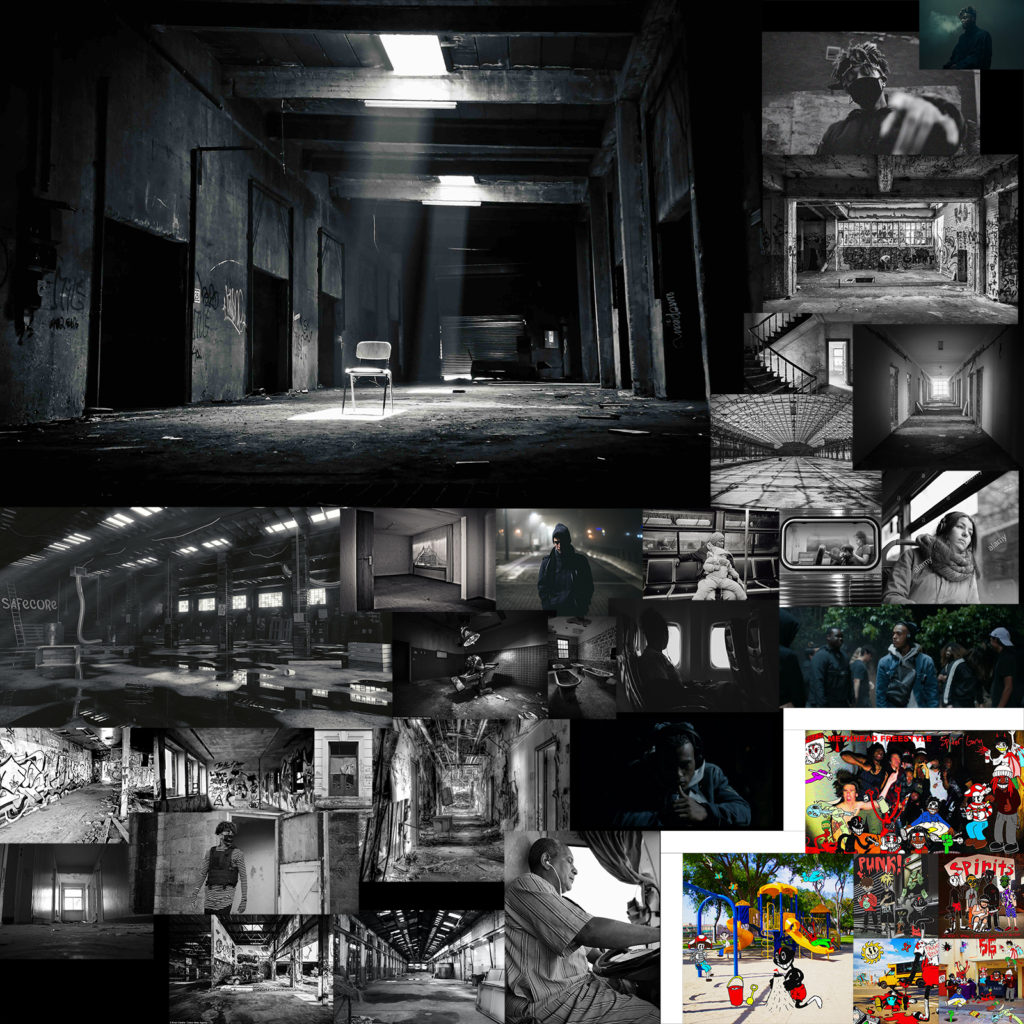
colonalism key words
- COLONIALISM the practice of acquiring political control over another country to exploit it economically.
- POST COLONIALISM the effect colonialism has on the country
- DIASPORA the spread or moment of people away from their original homeland.
- BAME– used to describe ethnic minorities
- DOUBLE CONSCIOUSNESS (GILROY) describes the internal conflict experienced by subordinated or colonized groups in an oppressive society.
- CULTURAL ABSOLUTISM / RACIAL ESSENTIALISM biological characteristics do not differ due to culture.
- CULTURAL SYNCRETISM is when distinct aspects of different cultures blend together to make something new and unique
- ORIENTALISM (SAID) Orientalism is the imitation or depiction of aspects in the Eastern world. These depictions are usually done by writers, designers, and artists
- APPROPRIATION using aspects taken from another culture and using it in a different culture.
- CULTURAL HEGEMONY diverse culture which is being controlled and owned by the upper class.
- THE PUBLIC SPHERE (HABERMAS)he public sphere is an area in social life where individuals can come together to freely discuss and identify societal problems, and through that discussion influence political action.
- .THE ROLE OF PUBLIC SERVICE BROADCASTING IN TERMS OF FAIR REPRESENTATION OF MINORITY GROUPS / INTERESTS have a role at representing minorities in a fair way and if they doesn’t happen it can mean manority’s experience discrimination.
Music video examples
assessment question – ghost town
Q2: Explain how representations used in Music Videos communicate information about their cultural and political contexts
The Specials are an English multicultural band, who formed in 1977 and rose to fame from their now iconic song ‘Ghost Town’ and the accompanying music video. The song was released on the 12th of June 1981 and made it to number one in the UK Charts for 3 weeks. The band recorded the song at Woodbine Street Recording Studios and was produced by John Collins on their own record label Two-tone. This new style of music can link to Stephen Neale’s idea of hybridisation, due to the songs mixture of punk and ska.
The political climate in Britain changed dramatically with the election of the first female prime minister, Margaret Thatcher in 1979. In 1981, the UK government passed a new law called The Criminal Attempts Act. This law stated that police officers had the power to search anyone they believed may be either committing or planning any crime. Uproar was ensued and riots began following this new law as it was made clear that police officers were abusing this right, and statistics showed that black people were being stopped and searched much more than white people. These statistics then led to the infamous riots that took place in several British cities. The Specials released their song 2 months after the Brixton Riots, therefore the country was still tense and recovering from the impact that the riots had on British society. Margaret Thatcher began to close down clubs and youth hangouts, therefore the song reflected the way that people were feeling. This issue resonated with listeners, and helped the song to reach high popularity. The writer Jerry Dammers (and the band’s keyboardist) wrote the lyrics of the song in a way to allow the listeners to connect with the words. This use of direct address was also present in the music video, as the band members stare directly into the camera lens, to seem as though they are making a connection with the audience.
In the video, directed by Barney Bubbles, the band sit in a car driving around the streets of London in a melancholy state. The music video and song is a symbolic sign for societies state at the time. It isn’t explicitly said that the song is referring to the British riots but the audience can infer that from the lyrics and the setting of the video. The video has been given a dark light to create an atmosphere that matched with the message of the song. The band were inspired for this song by the things they were seeing around them as they toured the country. They experienced women selling their belongings outside their houses and violence between races. The song reflects their views on the state of the country and their decision to stop touring due to the violence that ensued at their concerts. The line ‘Bands won’t play no more, too much fighting on the dance floor’ was incorporated into the song as a sign that the band were upset with the way people were treating one another at their shows.
The music video is a hybridisation of emotions as there are shots where the band are full of energy and joy, and others where they are more serious and melancholy. The producers have done this to present the idea that the country was experiencing a whole range of emotions.
To conclude, the band used their music video as a chance to express their emotions and to allow their audiences to do the same. People were able to understand one another and realise that they were all in the same situation, due to the current politics in Britain.
mood board
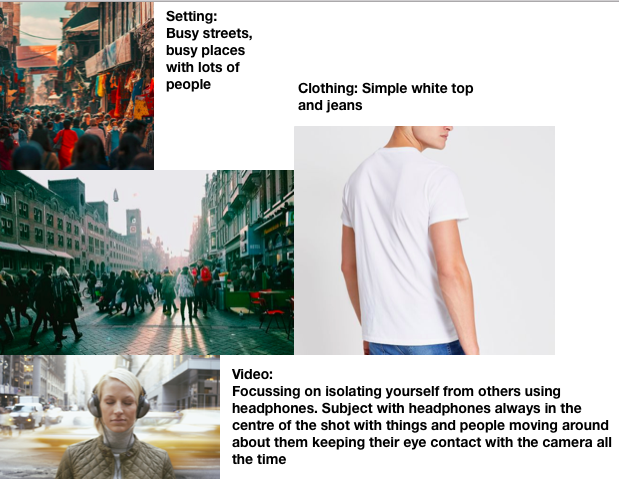
music video mood boards
